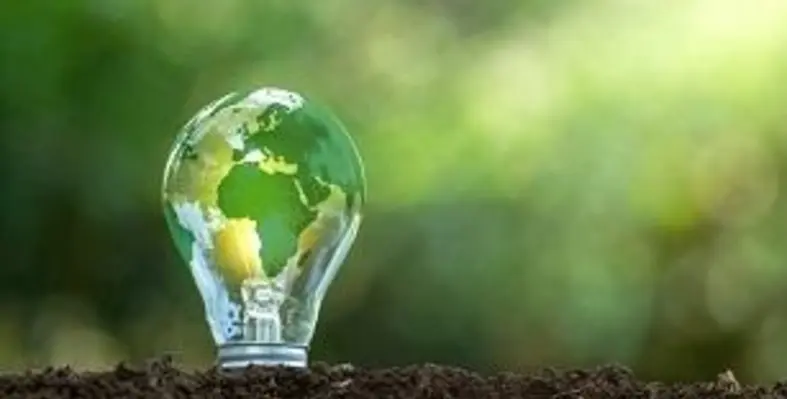South Africa’s tussle with shortage of electricity and water, accentuated by the accelerated impact of climate change, has had adverse consequences for its citizens
Taking cognisance of the same, the Government of South Africa (GoSA), over the past decade, has ramped-up its efforts on ensuring security of energy supply while meeting the country’s ongoing commitment of transition to a low carbon economy through programmes such as the Renewable Energy IPP Procurement Programme (REIPPPP).
As part of GoSA’s efforts, the National Department of Public Works and Infrastructure (DPWI) of South Africa has been developing the Integrated Renewable Energy and Resource Efficiency Programme (iREREP). Gazetted as a Strategic Integrated Project (SIP) in July 2020, iREREP has been established with an overarching objective to address environmental stability, socio-economic development, security of supply and budget rationalisation. The need for iREREP stems from DPWI's annual consumption of 4021GWh of electricity, 39mn kiloliters of water and production of 822,000 tons of waste resulting in ZAR2.4bn (approx. US$140mn) and ZAR1.8bn (approx. US$105mn) in water-electricity and waste expenditure annually, respectively.
iREREP is hinged on four elements, namely, Renewable Energy and Energy Security, Energy Efficiency, Water Efficiency and Waste Efficiency. GoSA, as part of this programme, aims to attract capital investment of more than ZAR253bn (approx. US$14.8bn), in addition to achieving savings and revenue worth more than ZAR401bn (approx. US$23.5bn), reduction in energy use intensity between 22% - 45%, water use intensity reduction between 30% - 55% and diversion of 50% of current waste from landfill by 2050.
A review of the information released by DPWI offers an insight into some of the key aspects of the programme:
o Procurement plan and preferred bidder selection: The procurement plan is expected to be fenced around the bundled procurement of concerned facilities by private service providers in order to implement resource efficiencies and manage utilities. Selection of the preferred bidder is anticipated to have the following evaluation criteria:
- Proposed solution with the highest potential savings
- Baseline audit methodology
- Proposed cost savings against the baseline
- Proposed CO2 emissions saved
- Localisation requirements
- Proposed pricing strategy
o Commercial aspects: Revenue to accrue to private parties net of penalties levied in case of unavailability issues or performance failure and also the right to terminate if a remedial workaround isn't implemented satisfactorily.
o Currency: The currency for the denomination of financial commitments shall be South African Rand (ZAR).
- Similar to GoSA’s other programmes like REIPPPP, the private sector shall shoulder risks such as currency, interest rate and other fluctuations.
o Financing:
- GoSa is not expected to be prescriptive with regards to the use of any specific financial instruments, leaving enough flexibility with the private sector to be innovative in their financial structuring.
- The financial commitments in the project agreement shall engulf future financial commitments made in line with the Public Finance Management Amendment Act (PFMA) in South Africa.
DWPI is expected to launch the Request for Proposals (RfP) for the iREREP by Q1 2023.
This article is authored by Synergy Consulting IFA.












